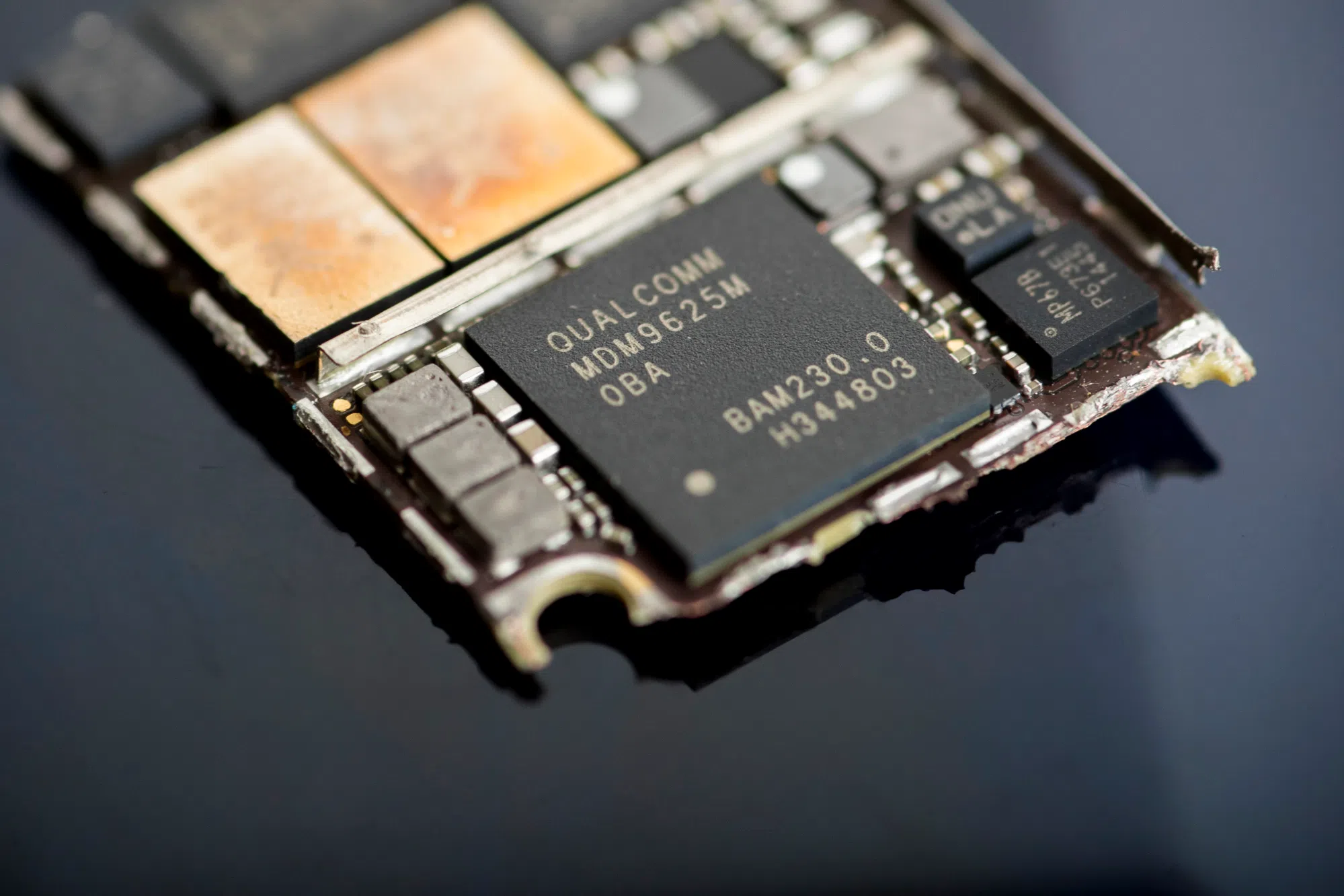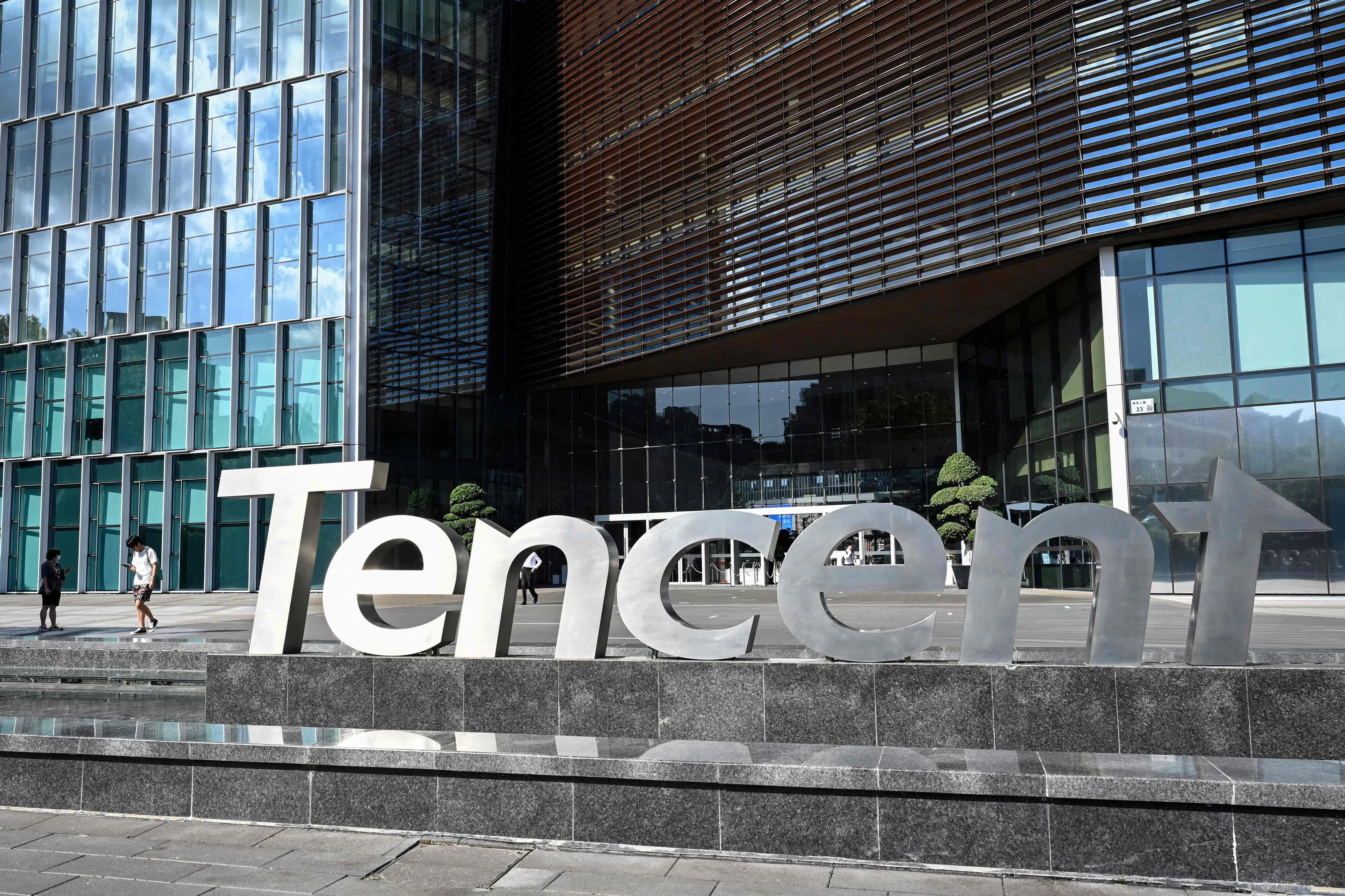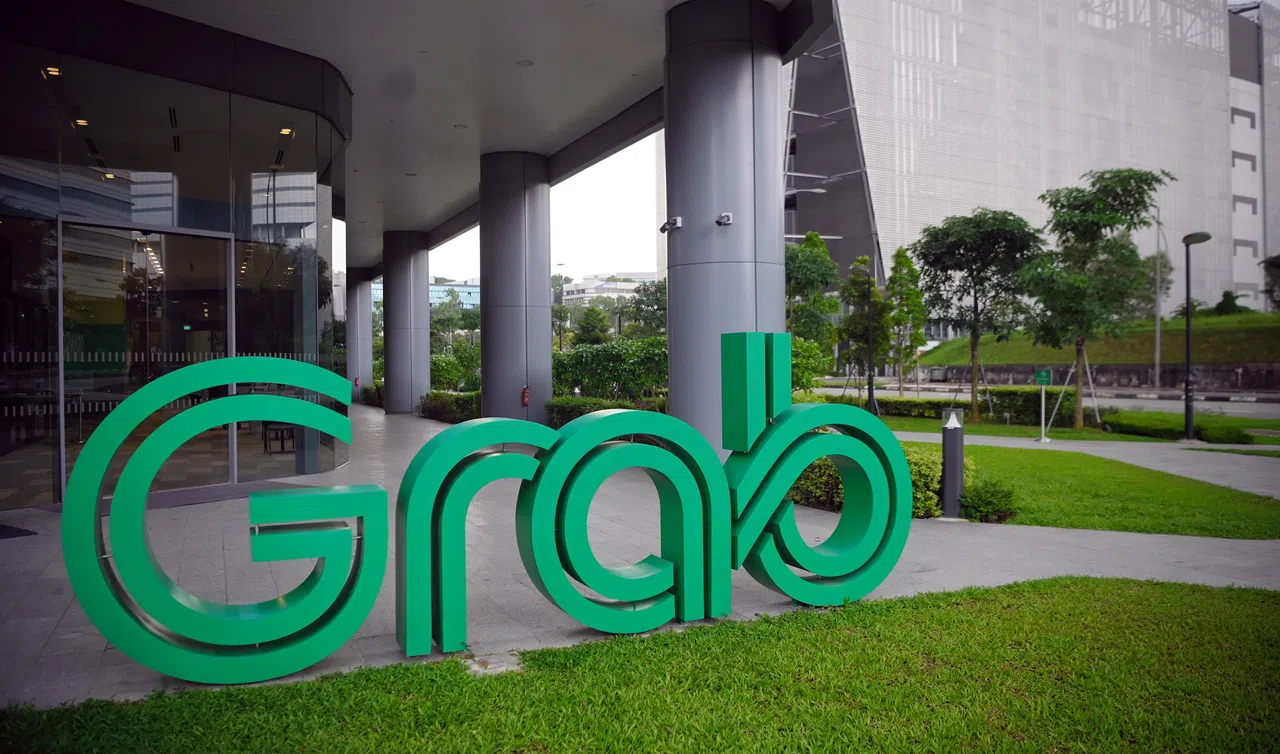Qualcomm prevailed at trial against Arm’s claim that it breached a licence for chip technology that the world’s largest maker of mobile-phone processors acquired when it bought a startup in 2021.
Jurors in federal court in Delaware concluded on Friday (Dec 20) that Qualcomm did not violate the terms of an agreement covering Arm’s chip products acquired in a US$1.4 billion purchase of Nuvia by incorporating the technology in its chips without paying a higher licensing rate. Jurors weren’t able to agree on whether Nuvia breached the licence.
Qualcomm is one of Arm’s biggest customers and a long-time partner, but the companies have grown increasingly at odds as they’ve become rivals in the computer-processor industry. The dispute is important because many of the world’s biggest tech companies rely on chip architecture licensed from Arm and incorporated into Qualcomm’s products, ranging from computers to cars.
Arm shares fell as much as 6.6 per cent in extended trading following the verdict before recovering to trade down about 1.9 per cent from their earlier close of US$132.15. Shares Qualcomm gained about 2 per cent in after-hours trading.
Representatives of the companies had no immediate comment.
Arm claimed its Nuvia agreement should have been renegotiated after Qualcomm bought the startup and demanded the San Diego-based company destroy designs it got in the buyout. Qualcomm – which is relying on Nuvia’s technology to push into the computer-processor market – argued to jurors it had a separate general licence for Arm innovations that covered its work.
UK-based Arm, which is majority-owned by Japan’s SoftBank Group, sells chip designs and licenses a so-called instruction set – code used by software to communicate with processors. Qualcomm is the biggest chip providers to mobile phone makers such as Samsung Electronics.
The chief executives of both companies testified in the week-long trial, which was filed in Delaware because Qualcomm is incorporated in the state, home to almost 70 per cent of Fortune 500 companies. Delaware’s federal court also is a US hub of patent-infringement and licensing litigation. BLOOMBERG
Share with us your feedback on BT’s products and services







